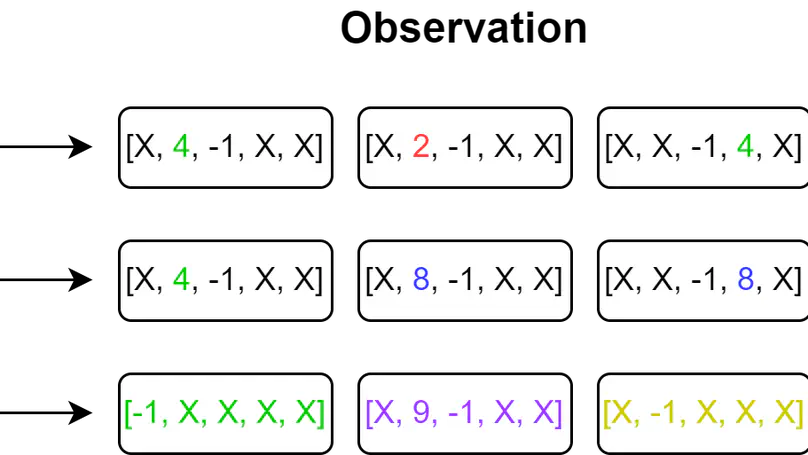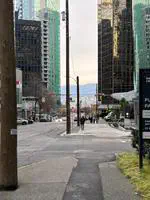About Me
I am a Senior Machine Learning Scientist at Visa, where I am working on fraud detection and prevention using machine learning. Before that, I was a Research Fellow at the University of Southampton, where I applied machine learning techniques to maritime engineering challenges, collaborating with industry partners to optimise car carrier designs through estimating wave-induced resistance.
My Ph.D. research investigated how autonomous agents develop languages from scratch, with a focus on temporal dynamics in those languages. My work examining these temporal relationships in interpretable emergent communication has been published in leading conferences including NeurIPS and ICLR. Since 2025, I have also been a reviewer for NeurIPS, where I try to avoid becoming Reviewer 2.
- Artificial Intelligence
- Computational Linguistics
- Emergent Communication
- Reinforcement Learning
- Data-Centric Engineering
PhD in Artificial Intelligence, 2020–2025
University of Southampton
BSc in Computer Science, 2016–2020
University of Liverpool
Featured Publication

Effective communication requires the ability to refer to specific parts of an observation in relation to others. While emergent communication literature shows success in developing various language properties, no research has shown the emergence of such positional references. This paper demonstrates how agents can communicate about spatial relationships within their observations. The results indicate that agents can develop a language capable of expressing the relationships between parts of their observation, achieving over 90% accuracy when trained in a referential game which requires such communication. Using a collocation measure, we demonstrate how the agents create such references. This analysis suggests that agents use a mixture of non-compositional and compositional messages to convey spatial relationships. We also show that the emergent language is interpretable by humans. The translation accuracy is tested by communicating with the receiver agent, where the receiver achieves over 78% accuracy using parts of this lexicon, confirming that the interpretation of the emergent language was successful.

